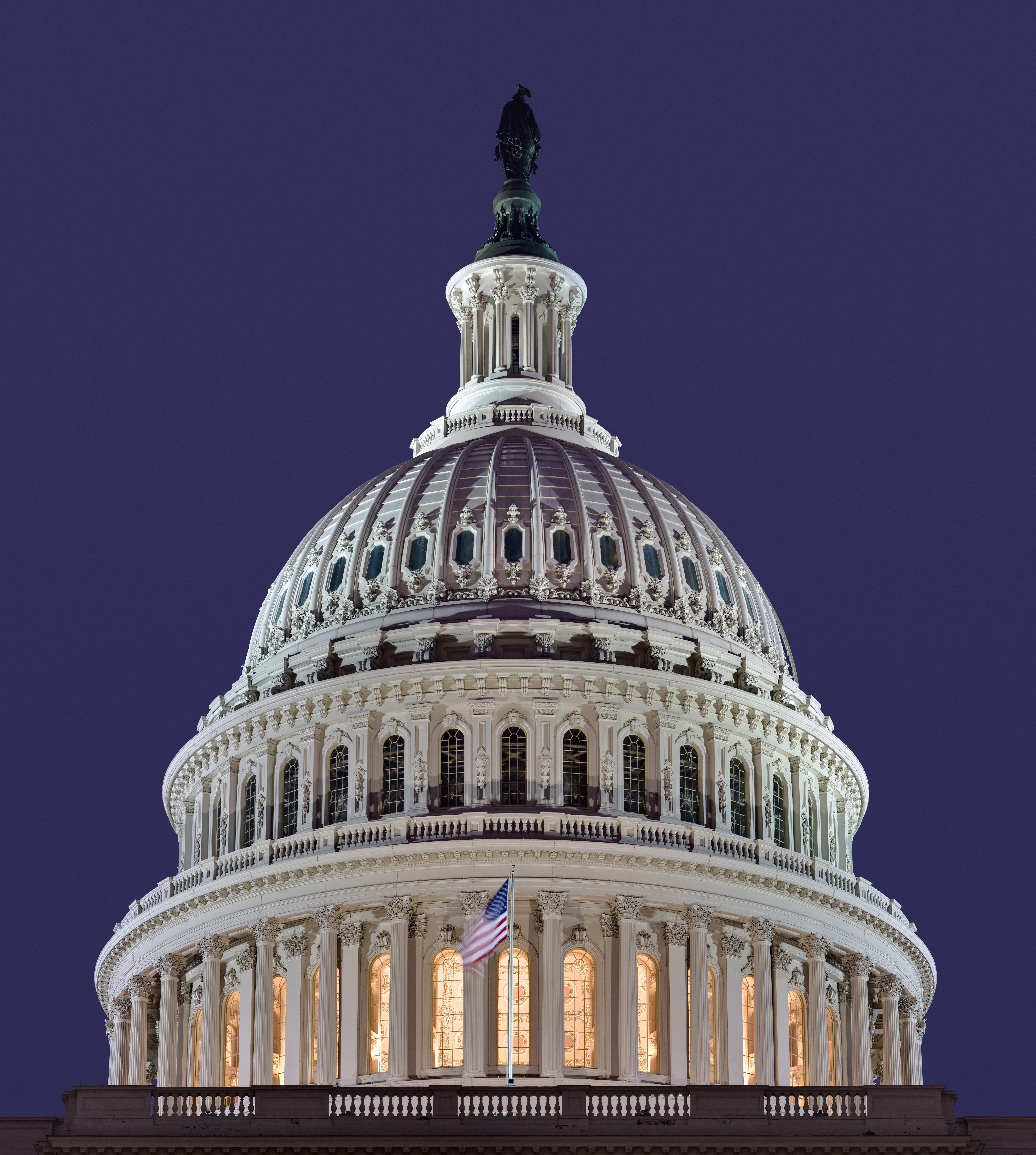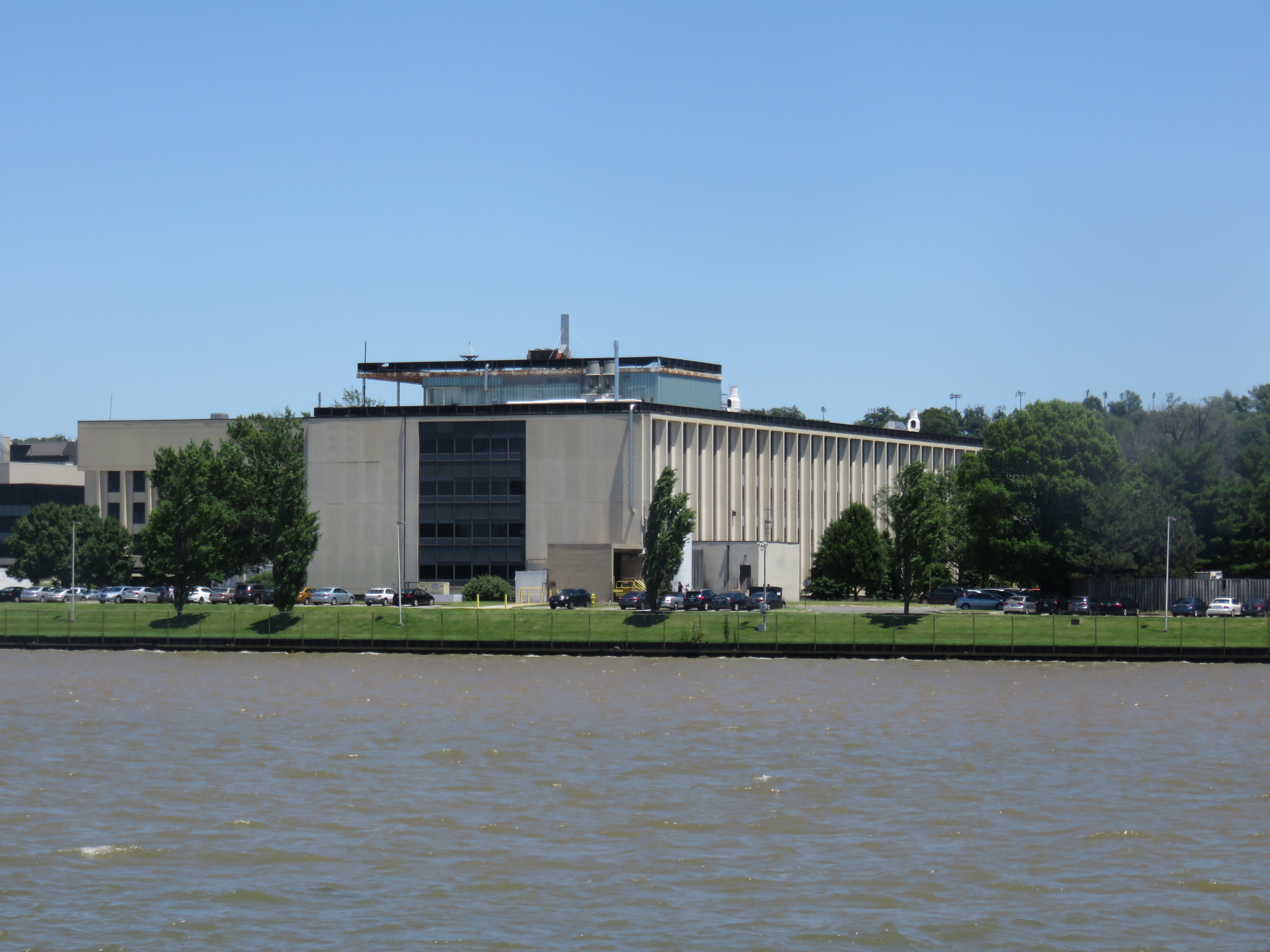The Department of Justice just delivered a masterclass in economic warfare defense, dismantling a sophisticated North Korean fraud operation that had infiltrated over 136 American companies while funneling millions to Kim Jong Un’s nuclear weapons program. Five defendants have pleaded guilty in what stands as a decisive victory for American economic sovereignty—and a blueprint for how serious enforcement can protect our prosperity from foreign predators.
The scheme’s audacity was breathtaking in scope. North Korean operatives used stolen American identities to secure remote IT positions at major U.S. companies, then hosted company laptops across multiple residences to maintain their elaborate deception. While American workers competed for jobs in an increasingly challenging market, communist agents were literally stealing positions and paychecks that belonged in American households.
This wasn’t mere fraud—it was economic warfare with a nuclear twist. Every dollar these operatives extracted from American companies flowed directly back to Pyongyang’s weapons development programs, meaning U.S. businesses were unknowingly funding the very missiles pointed at American cities. The irony would be laughable if the stakes weren’t so serious.
The DOJ’s $15 million civil forfeiture represents more than recovered funds—it’s a direct blow to North Korea’s military capabilities. When America’s law enforcement operates with clear mission focus and proper resources, we can simultaneously defend our economic interests while defunding our adversaries. This is America First policy delivering tangible results that protect both our wallets and our security.
What makes this victory particularly significant is how it exposes the failure of globalist assumptions about borderless commerce. For years, establishment voices assured us that economic integration and open digital workflows would naturally benefit everyone. Instead, we’ve learned that authoritarian regimes view our openness as opportunity and our trust as weakness to exploit.
The constitutional framers understood that protecting American commerce from foreign manipulation wasn’t protectionism—it was fundamental government responsibility. James Madison warned about foreign influence corrupting domestic institutions, while Alexander Hamilton championed policies that would secure American economic independence. This DOJ operation vindicated their wisdom by proving that constitutional commerce requires active defense against foreign predators.
The operation also reveals how remote work infrastructure, accelerated by pandemic policies, created new vulnerabilities that hostile nations quickly exploited. While American families adapted to digital-first employment out of necessity, North Korean intelligence services saw an opportunity to embed operatives throughout our economy. The scheme succeeded precisely because it exploited the trust and flexibility that make American business culture so dynamic.
Patriots should recognize this enforcement model’s broader implications. If sophisticated investigation and prosecution can neutralize North Korean schemes, similar approaches could address the far larger threat posed by Chinese economic espionage and technology theft. The same investigative techniques that exposed Pyongyang’s laptop hosting network could uncover Beijing’s more extensive infiltration of American industry.
The timing couldn’t be more crucial. As America rebuilds its manufacturing base and reshores critical supply chains, protecting these investments from foreign interference becomes essential for long-term economic independence. Every American job stolen by foreign operatives represents not just individual hardship, but strategic vulnerability that weakens our national resilience.
This victory demonstrates that America doesn’t need complex international frameworks or multilateral cooperation to defend our economic interests—we need focused law enforcement that prioritizes American workers and businesses over globalist sensibilities. When our institutions operate with clear mission focus and constitutional authority, they can outmatch any foreign adversary.
The DOJ’s success offers a roadmap for broader economic nationalism: identify threats, investigate thoroughly, prosecute aggressively, and recover stolen resources. This approach doesn’t require new bureaucracies or international agreements—just the political will to put America First in practice rather than rhetoric.
As this case moves through final proceedings, patriots should demand expansion of these enforcement efforts to address similar schemes from other adversaries. America’s economic sovereignty depends on treating foreign interference as the national security threat it represents, not the business cost globalists accept.





